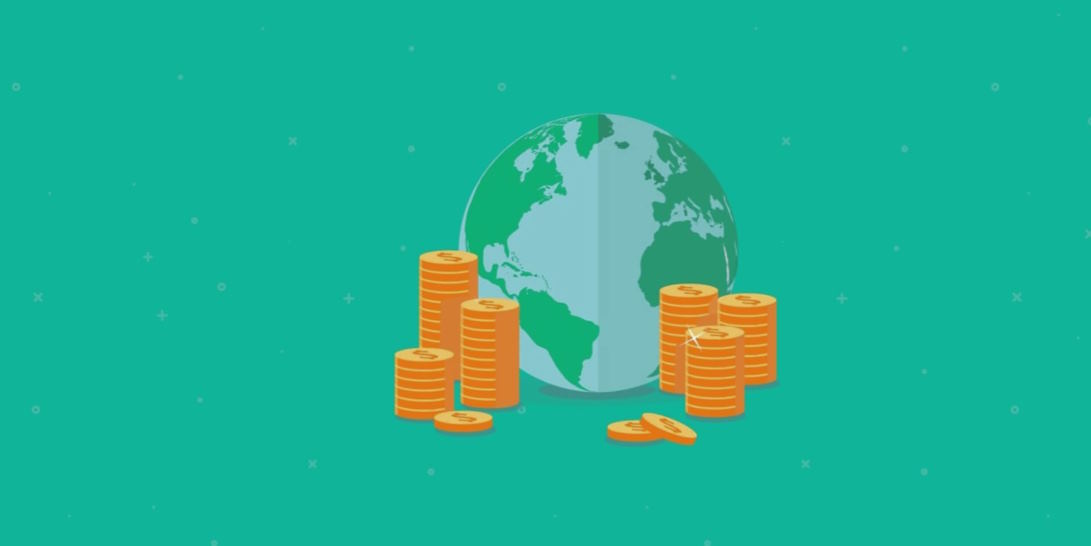International trade plays a pivotal role in economic development and globalization. It fosters economic growth, creates employment opportunities, and enables the efficient allocation of resources. Here’s an overview of the relationship between trade and development:
Access to Markets
Trade provides access to larger markets, allowing countries to sell their goods and services globally. This increased market size can stimulate production and economic growth.
Specialization
Trade encourages countries to specialize in producing goods and services where they have a comparative advantage. This specialization enhances efficiency and productivity.
Foreign Investment
Foreign direct investment (FDI) often follows trade. Countries participating in global trade become more attractive to foreign investors, increasing capital flows and economic development.
Job Creation
Export-oriented industries create jobs directly in the production process and indirectly in related sectors such as transportation and services.

Technology Transfer
Trade facilitates the transfer of technology, knowledge, and skills across borders. Emerging economies can adopt advanced technologies through trade relationships.
Economies of Scale
Larger markets enable economies of scale, reducing production costs and making goods more affordable for consumers.
Diversification
Engaging in international trade reduces a country’s reliance on a single industry or market. This diversification can enhance economic resilience.
Global Value Chains
Emerging economies can participate in global value chains (GVCs) by producing components or services that are part of a larger global production process. It can boost industrialization and exports.
Income Generation
Trade can increase a country’s income by selling high-value goods and services internationally. The revenue generated can be reinvested in infrastructure, education, and healthcare.
Reducing Poverty
Trade can reduce poverty by generating economic growth and employment opportunities.
While trade offers numerous opportunities for economic development, it also presents challenges, including:
Market Access Barriers: Tariffs, non-tariff barriers, and protectionist policies can hinder a country’s access to global markets.
Dependency: Overreliance on a few export commodities or trading partners can make economies vulnerable to external shocks.
Income Inequality: Trade benefits may not always be distributed equitably, leading to income inequality.
Environmental Concerns: Unregulated trade can exacerbate environmental issues without sustainable practices.






 Brian L. Gade is Professor of Economics at the Stanford University, Stanford, CA
Brian L. Gade is Professor of Economics at the Stanford University, Stanford, CA James M. Holman is Professor of Public Affairs and Economics at the Baltimore, MD
James M. Holman is Professor of Public Affairs and Economics at the Baltimore, MD